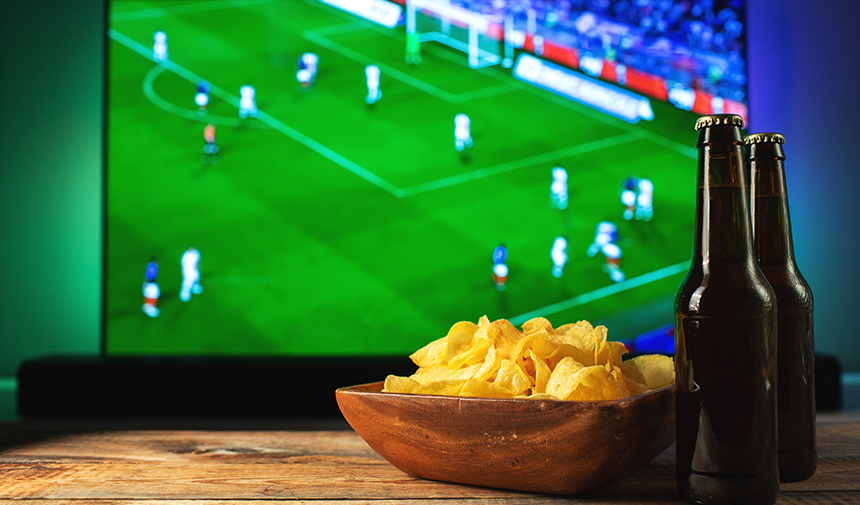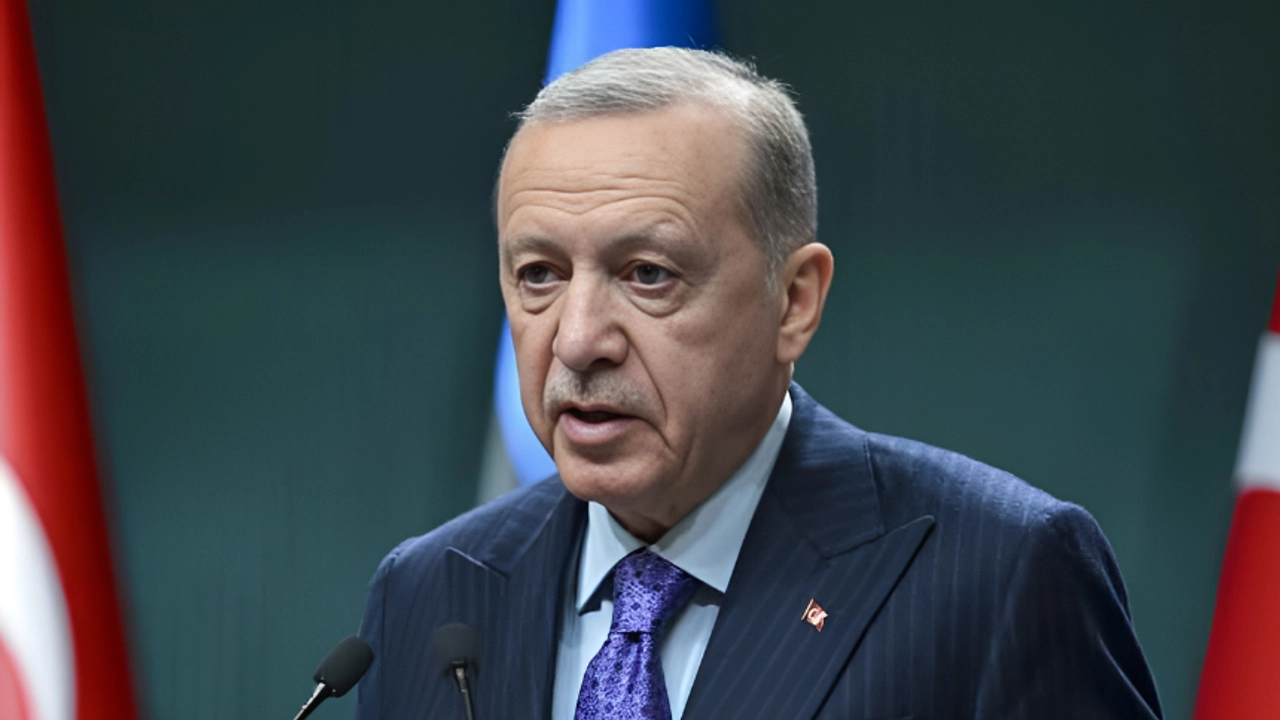The relationship between sport and media is an important dynamic today, both increasing the popularity of sport and expanding the influence of media platforms. Television, the internet and social media have radically changed the way sports events are watched and discussed.
Television has been one of the most important platforms for sporting events for many years. Major sporting events, league matches, tournaments and championships are broadcast live to millions of viewers, reaching large audiences. Television brings athletes, teams and fans together, making major sporting events a global attraction.
However, with the proliferation of the internet and digital media, the influence of sport on the media has greatly expanded. The internet provides a platform to watch sporting events live, get instant access to statistics and analysis, and follow the daily lives of athletes and teams. Sports news websites and apps allow users to easily access information such as instant scores, transfer news and match highlights.
Social media has radically changed the way sports interact with audiences. Athletes and teams can communicate directly with their followers on social media platforms on match days and during training sessions. In particular, platforms such as Instagram, Twitter and TikTok offer powerful tools for athletes and teams to develop their personal brand and engage with their fans.
The media coverage of sport includes not only professional sporting events, but also amateur sporting events. Local leagues, school tournaments and platforms where sports enthusiasts share their own videos appeal to a wide audience of sports viewers. This kind of content increases interest in sport, creates new fans and brings communities together.
Media’s influence on sport is also crucial for advertising and sponsorship opportunities. Major sports organizations and leagues are funded by revenues from media rights. In addition, brands and companies reach audiences and build consumer loyalty through their visibility at sporting events.
In the future, it remains to be seen how technological developments and digital platforms will shape the relationship between sports and media. Innovations such as high-definition live broadcasts, augmented reality experiences, interactive sports apps, etc. can enable audiences to experience sporting events in a more in-depth and interactive way.



